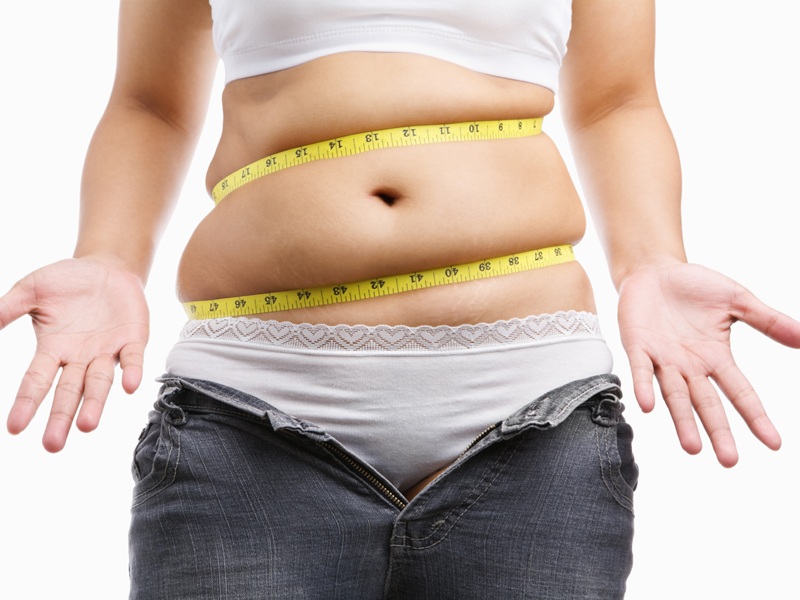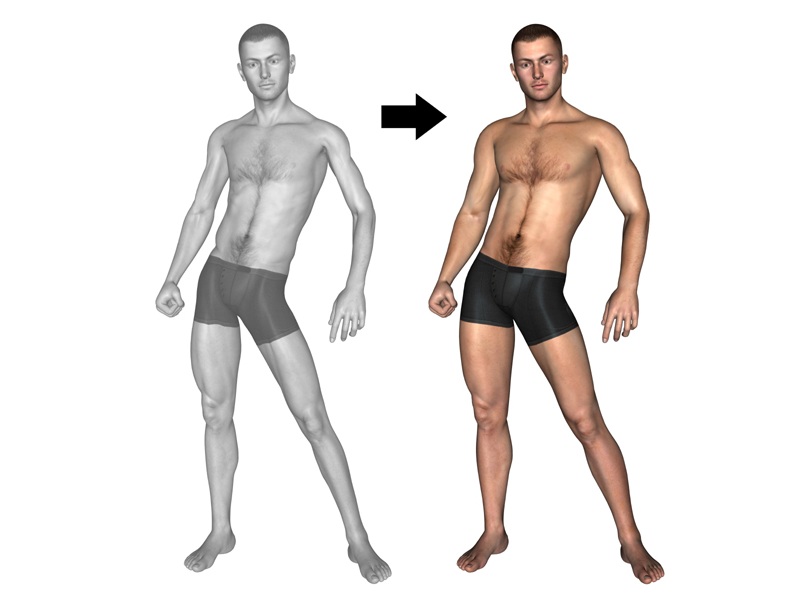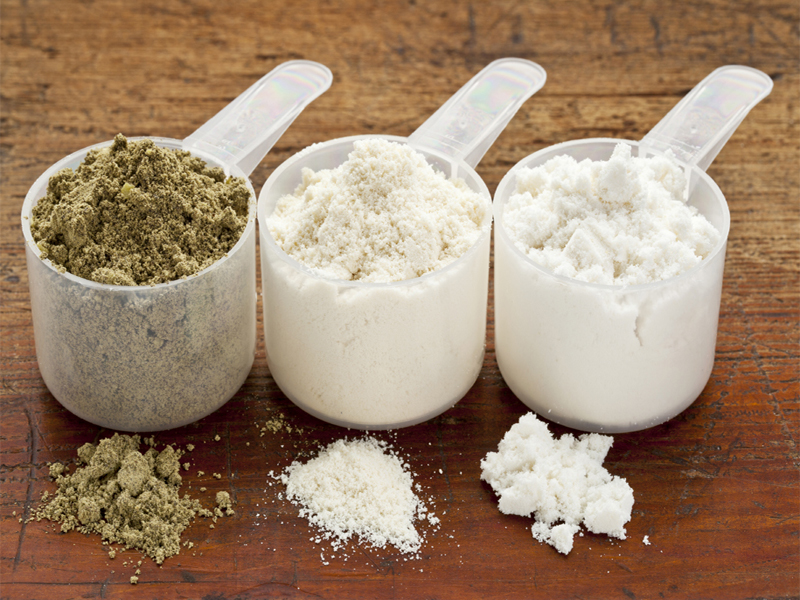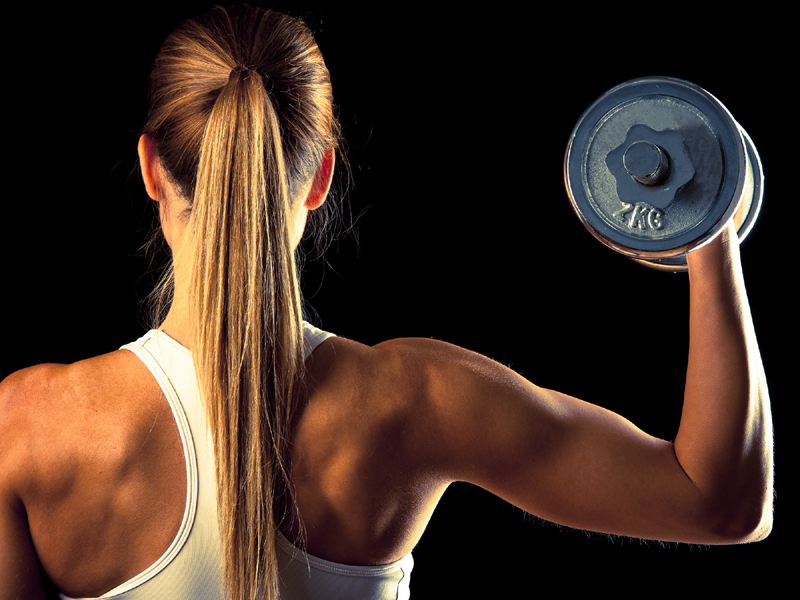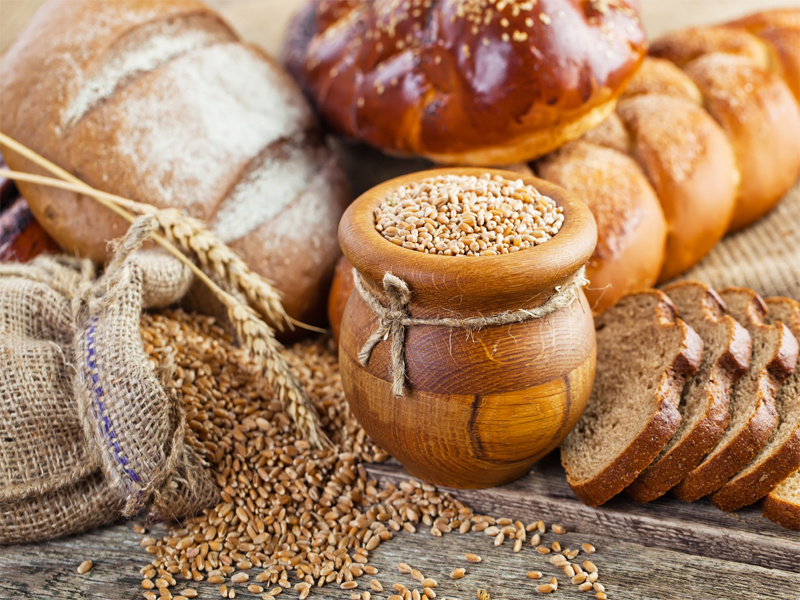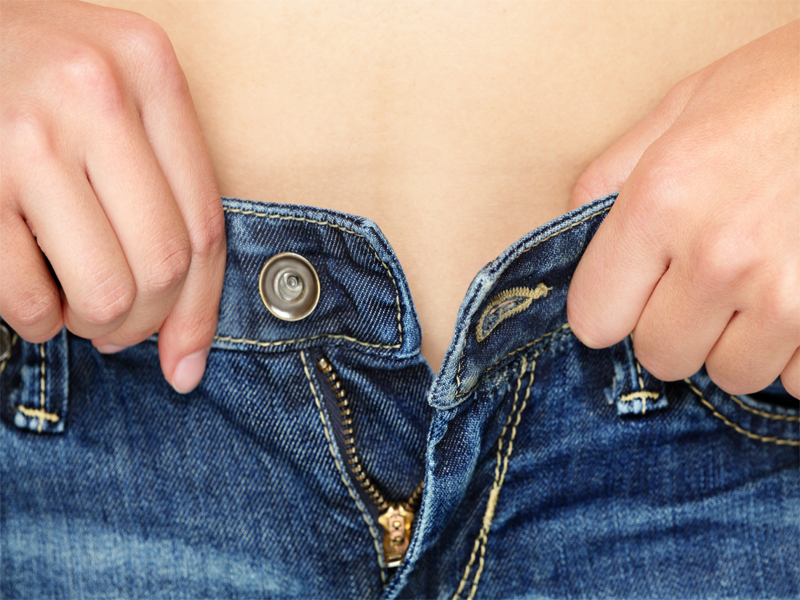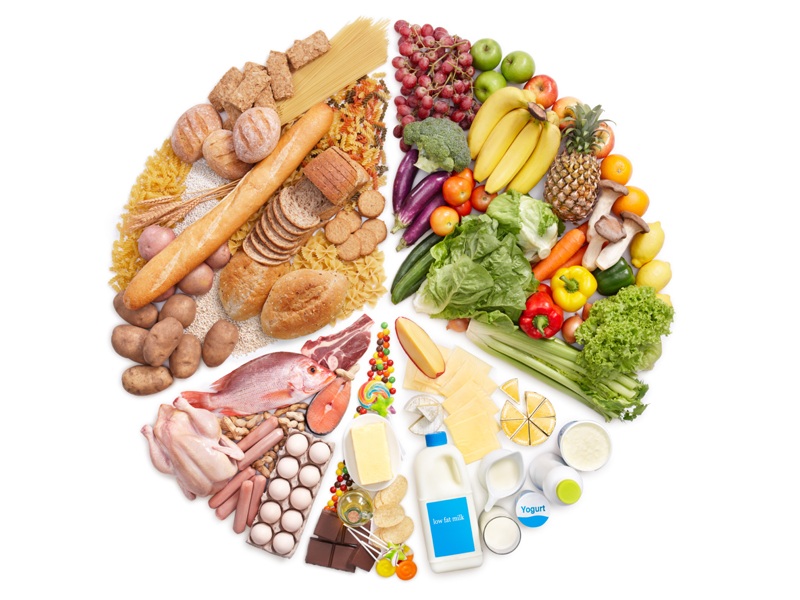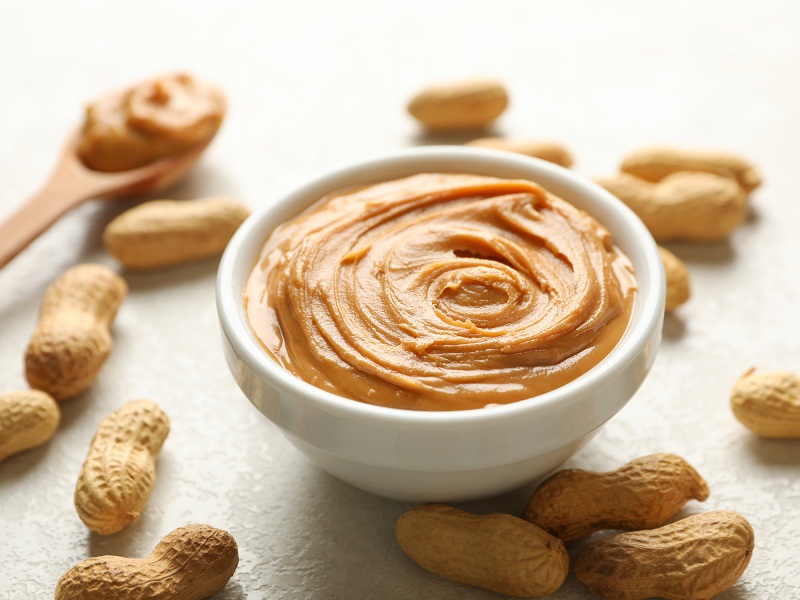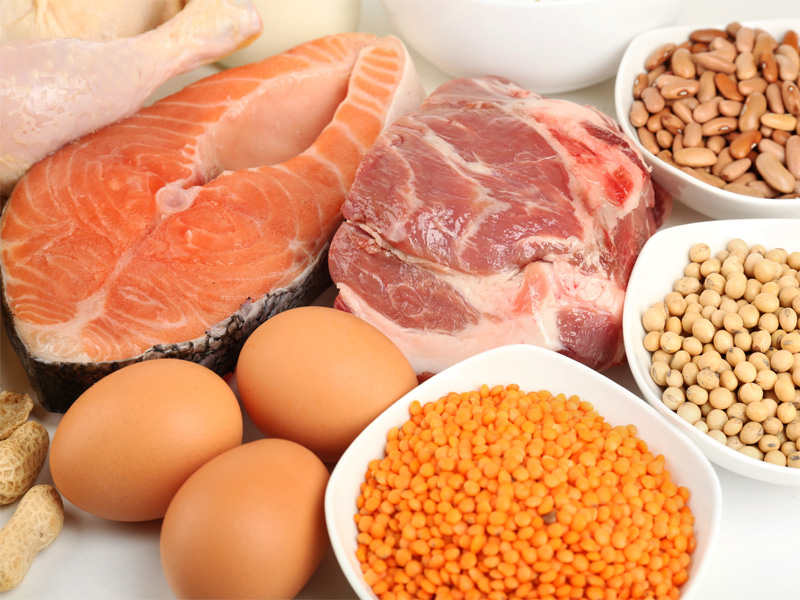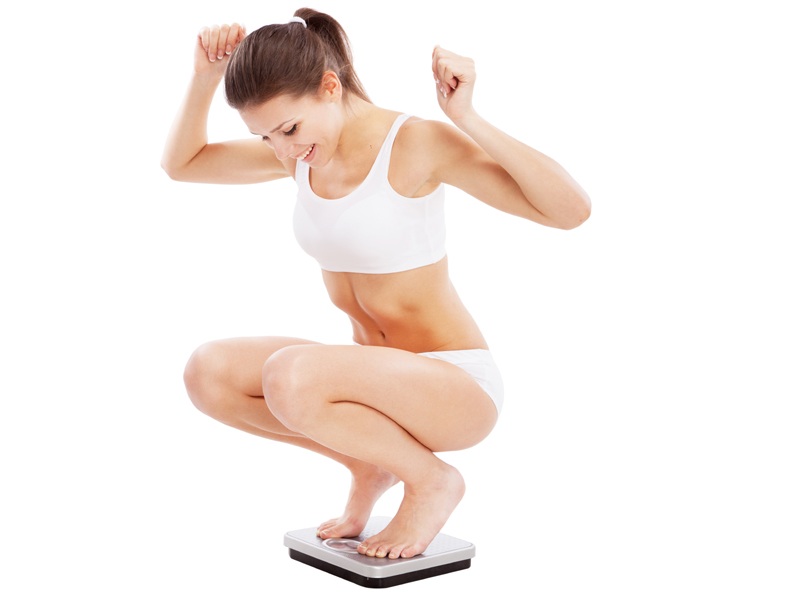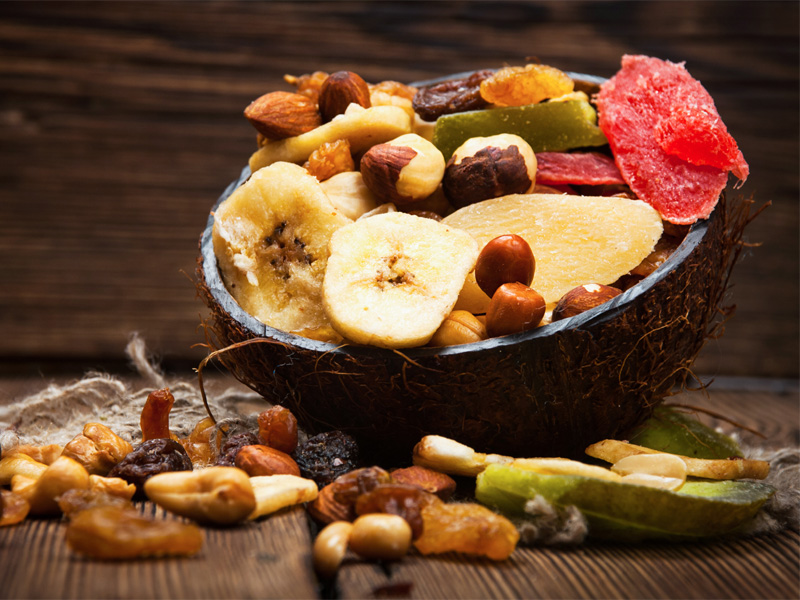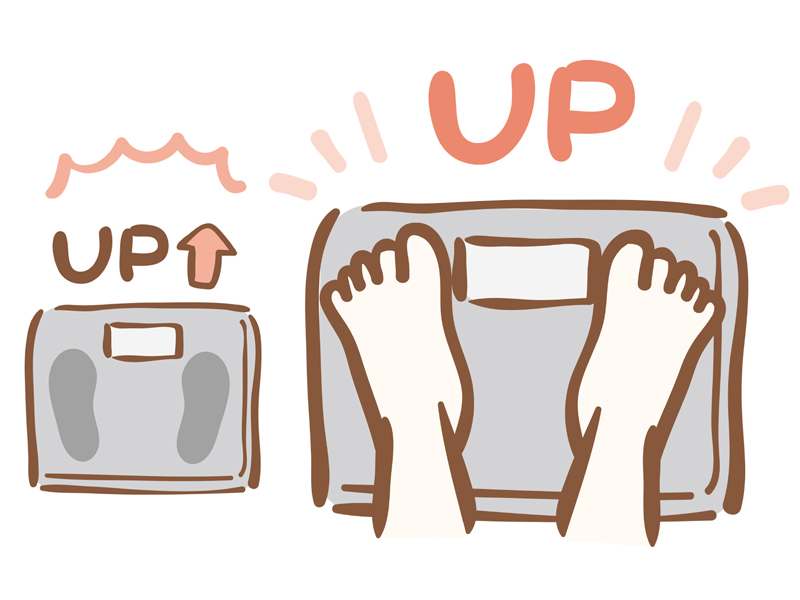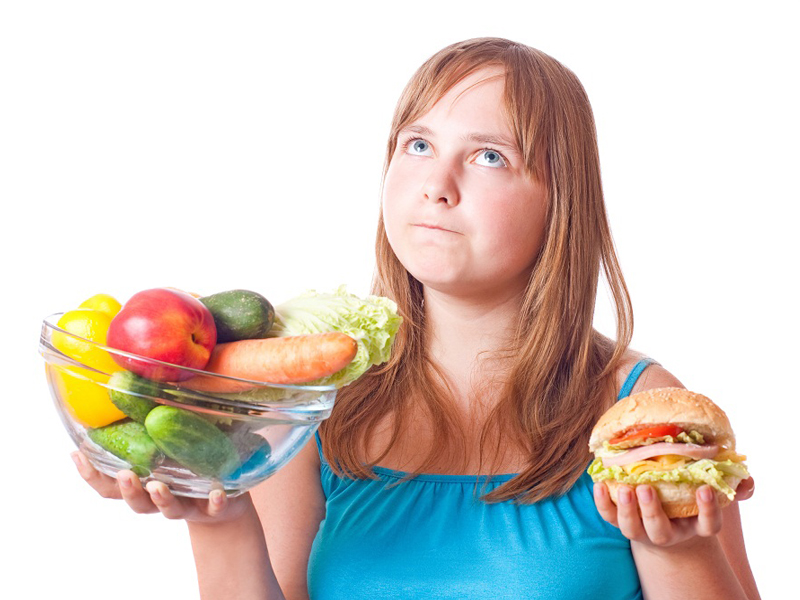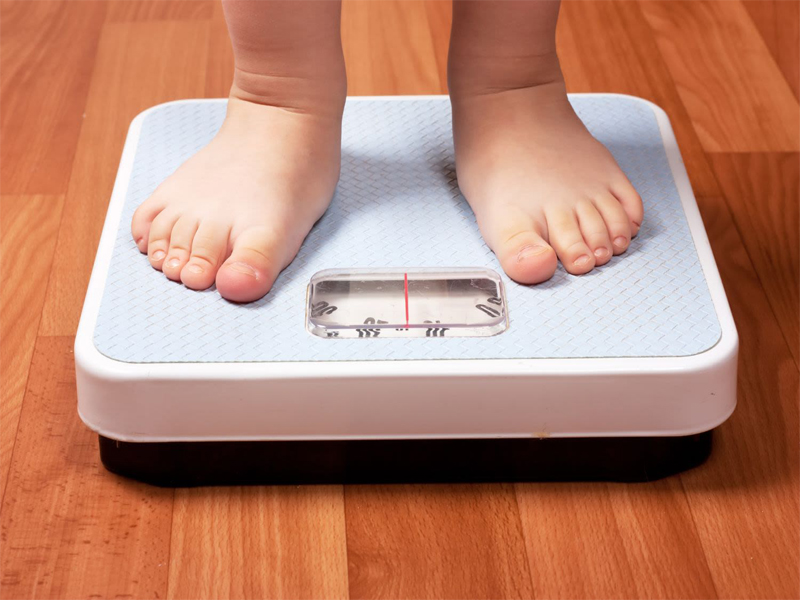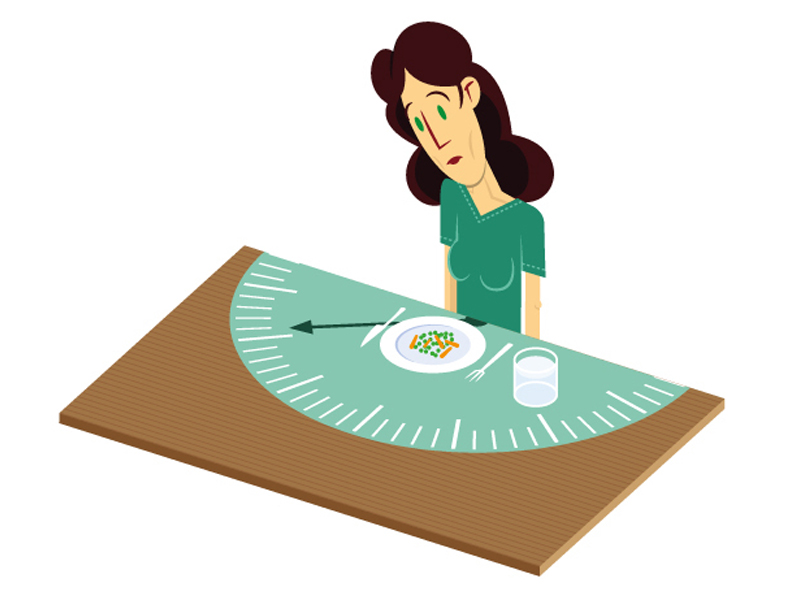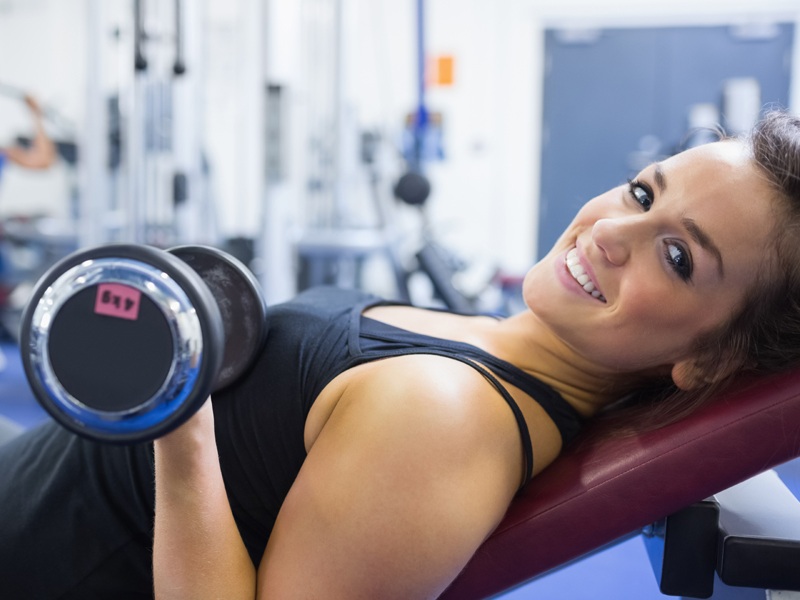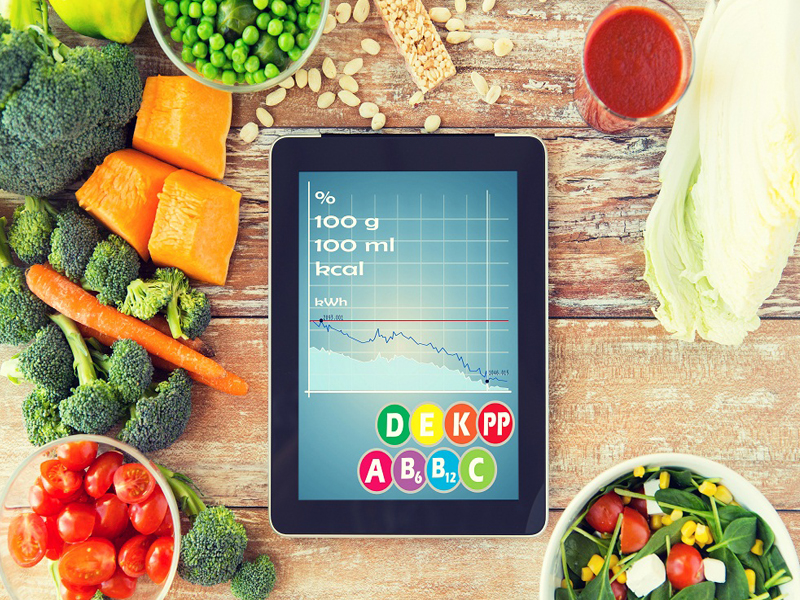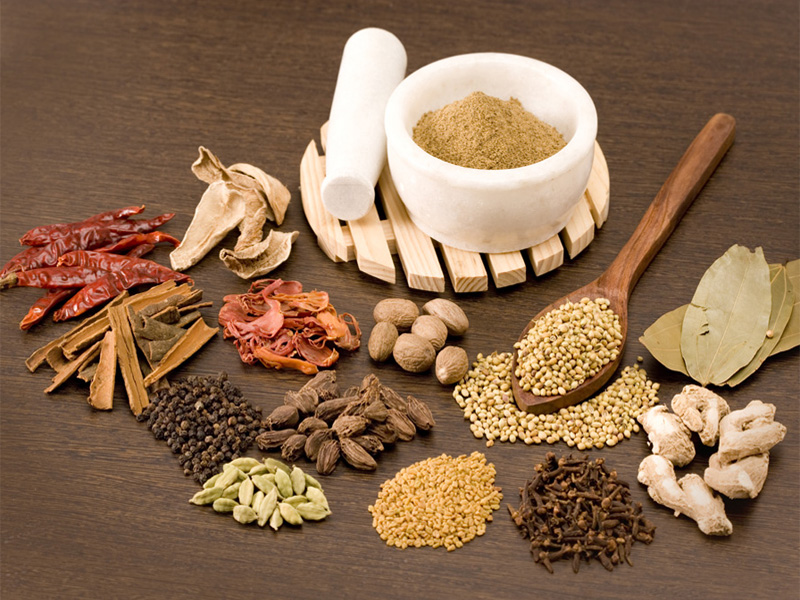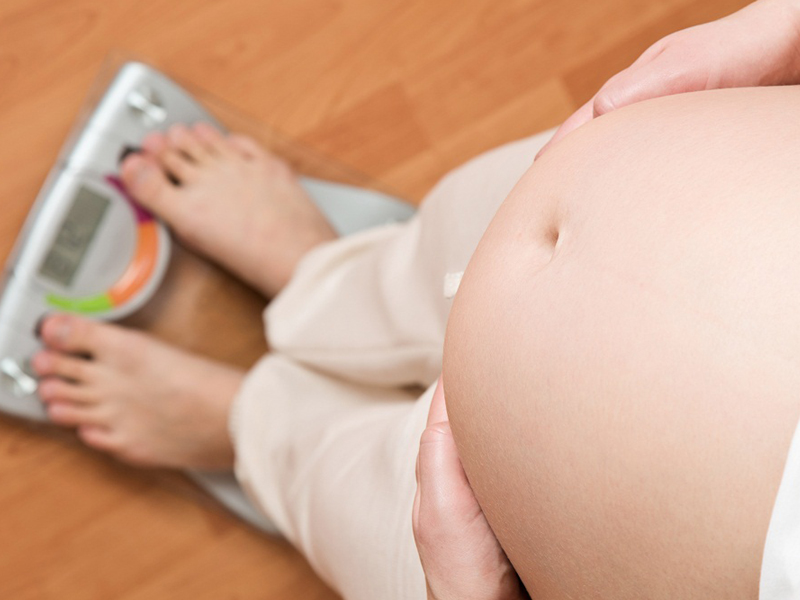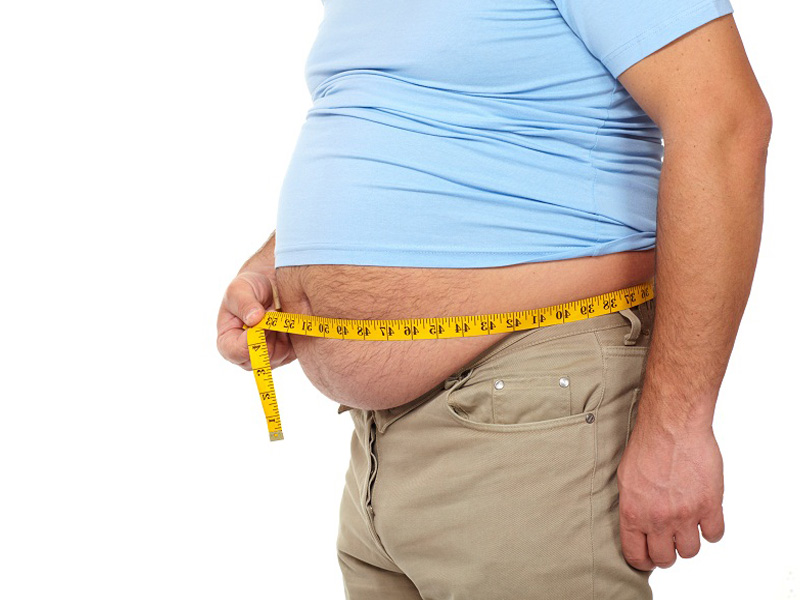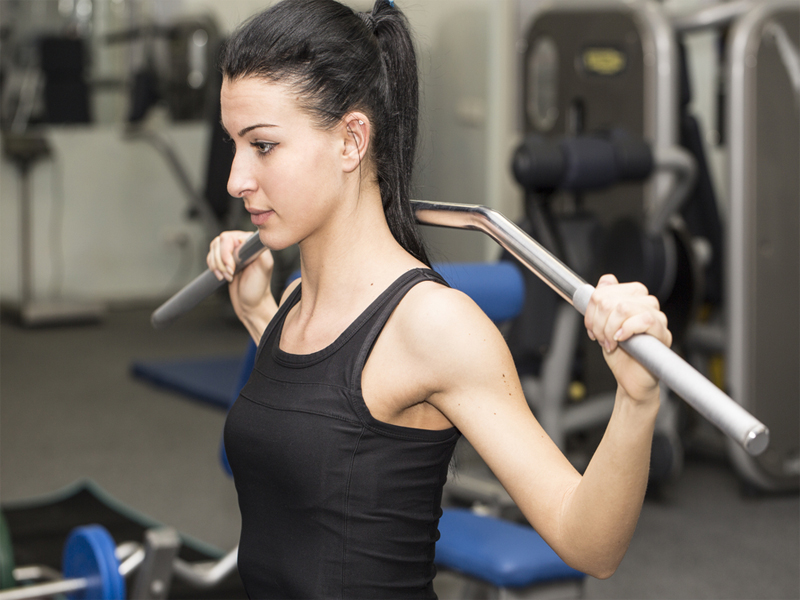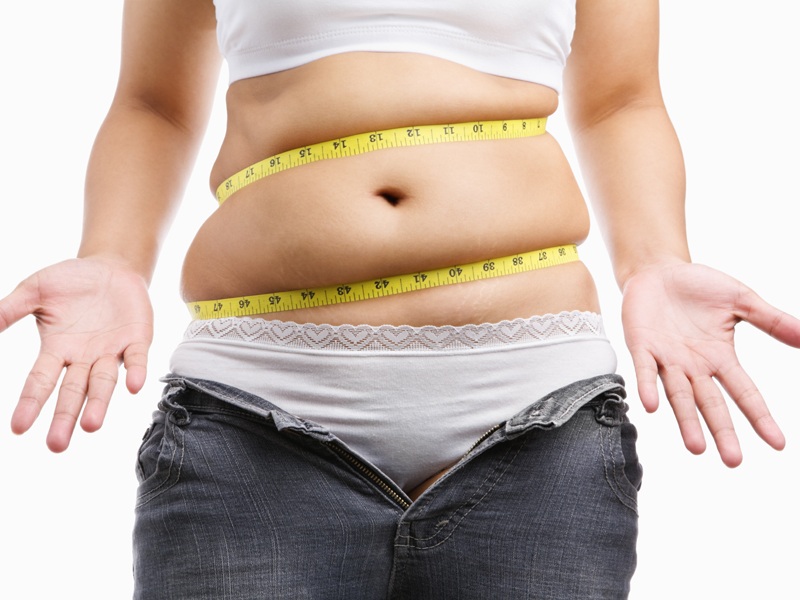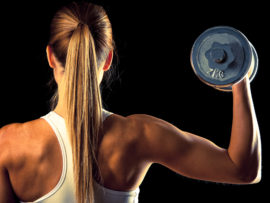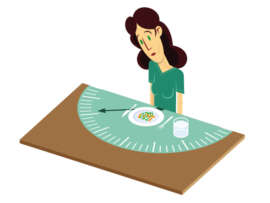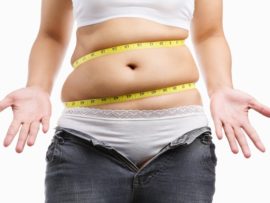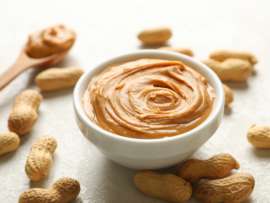Every month, every woman goes through the emotional roller-coaster of periods (menstrual cycle) and all the associated symptoms. But did you know women also gain weight during their periods? As if the menstrual cycle is not stressful enough, do we have to worry about weight gain? There is a chance of weight gain of about 2 to 5 pounds, and it is nothing but one of the symptoms of PMS(Premenstrual syndrome). This article delves into why there is a weight gain during periods, the cause, and how long it lasts. Read on to know more!
Why Do You Weigh More During Your Period:
Have you ever wondered why you gain those extra pounds, especially during periods? We present you with some of the reasons you weigh more during your menstrual cycle.
1. Impaired Digestion:
There are a lot of hormones involved during the process of menstruation. There is an impairment of the digestion process when there is improper hormonal balance. You can find yourself facing distention, bloating, and gas retention in the stomach during periods since some people fluctuate estrogen and progesterone hormones. When there are issues in your digestive system, it tends to show an increase in your weight.
See Also: Healthy Foods to Improve Digestion
2. Water Retention:
Water retention might be one of the culprits for gaining weight during your periods. Progesterone and estrogen play an essential role in regulating the balance of water in your body, and the levels of these hormones fall when you are due for your period. This hormone fluctuation results in water retention, resulting in weight gain since tissue fluids accumulate (1). You can feel water retention during periods in the extremities, stomach, or breast.
3. Issues with the Gut:
Bloating, constipation, and indigestion are some of the gut issues many women experience during their periods. Just a few days before your period, there are elevated progesterone levels, which results in slower gut movement. This causes constipation since your entire digestive tract becomes sluggish.
4. Lack of Exercise:
Menstruation can be one of the reasons for skipping workouts for many women. Your body and mind feel sluggish due to the bleeding phase, making you want to rest rather than exercise. This process starts storing fat as you gain water weight.
Although it is impossible to have a regular workout routine during menstruation, practice simple yoga poses and breathing exercises that help you ease the pain during your periods.
5. Magnesium Deficiency:
Magnesium levels tend to drop in your body just before your menstrual cycle. This increases your craving for glucose because the low magnesium levels can lead to lowered insulin levels. When your desires grow, many women consume high-sugar foods, making you gain weight during periods.
6. Food Binging:
Another prominent reason for weight fluctuation during periods is increased cravings for food and overeating. The primary reason for craving sugary and processed foods is the low serotonin levels (2). The estrogen levels in your body fall before your period, directly affecting serotonin levels.
7. Mood Swings:
Whenever you are cranky, you might hear your friends asking whether you are PMSing. Along with food cravings, mood swings are some common symptoms of PMS. In addition, the desire for sweet and salty food results in weight gain because of hormonal gameplay (3).
How Much Weight Gain is Normal During a Period:
PMS(premenstrual syndrome) affects women two weeks or several days before their period and has varied physical, emotional, and behavioural symptoms, such as weight gain caused by hormonal changes.
It is normal for women to gain anywhere from three to five pounds during the menstrual cycle. But don’t worry; it is not a permanent weight gain since you will lose those extra pounds after a few days of bleeding.
Note that your weight gain might last longer, and you might find it challenging to shed those extra pounds if you have PCOS and other metabolic or health issues. If that is the case, consult a gynaecologist immediately.
See Also: Home Remedies to Regulate Periods
How Can You Stop Weight Gain During Periods:
Although weight gain is relatively normal among women during the menstrual cycle, you can prevent water retention or weight gain by practising a few healthy habits throughout the month:
- Regular Exercise: Ensure you exercise at least 20 to 30 minutes of physical activity daily.
- Hydration: Keeping yourself hydrated is the key to preventing the conservation of fluids in your body.
- Reduce the Intake of Salt: Avoid foods with high amounts of salt since sodium increases water retention in your body.
- Avoid Sugar and Caffeine: Avoid sugary foods and caffeinated drinks before your period since they might cause bloating.
It is pretty normal to gain a little weight during the periods, and you will lose it once you are done with the menstrual cycle. Hormonal fluctuations are the primary reason for period-related weight gain, and it can also result from overeating or craving for sugar during this time. The key is understanding your body better and making necessary changes to avoid long-term weight gain. Don’t forget to let us know if this article was helpful!
Disclaimer: The content provided in this article is based on research and not a replacement for professional advice. The website is not responsible for the effects this article might have on your body, and it is advised to consult a professional before you try anything new.
FAQ:
1. Can you lose water weight after the menstrual cycle?
Ans: You can lose water weight about three to four days after your period, which usually starts right at the beginning of your period. But it might take 7 to 8 days to lose the water weight you gained, depending on your lifestyle and food habits.
2. What are the physical and emotional symptoms during a period?
Ans: Women face many other physical and emotional symptoms, along with weight gain during a period. Some of the possible signs that show up with or without weight gain are:
- Tender breasts.
- Cramps.
- Low tolerance to noise or light.
- Diarrhea.
- Backache.
- Stress.
- Fatigue.
- Acne.
- Sleeping difficulty.
- Mood swings.
- Low sex drive.
3. How can you reduce water retention and bloating during periods?
Ans: Following some simple home remedies, lifestyle changes, and medications, reducing bloating and water retention during periods is possible. Some easy-to-follow tips are:
- Drinking more water.
- Consume nutritious foods if you crave sugar.
- You can get a prescription for diuretics from your doctor.
- Make sure you keep moving around.


